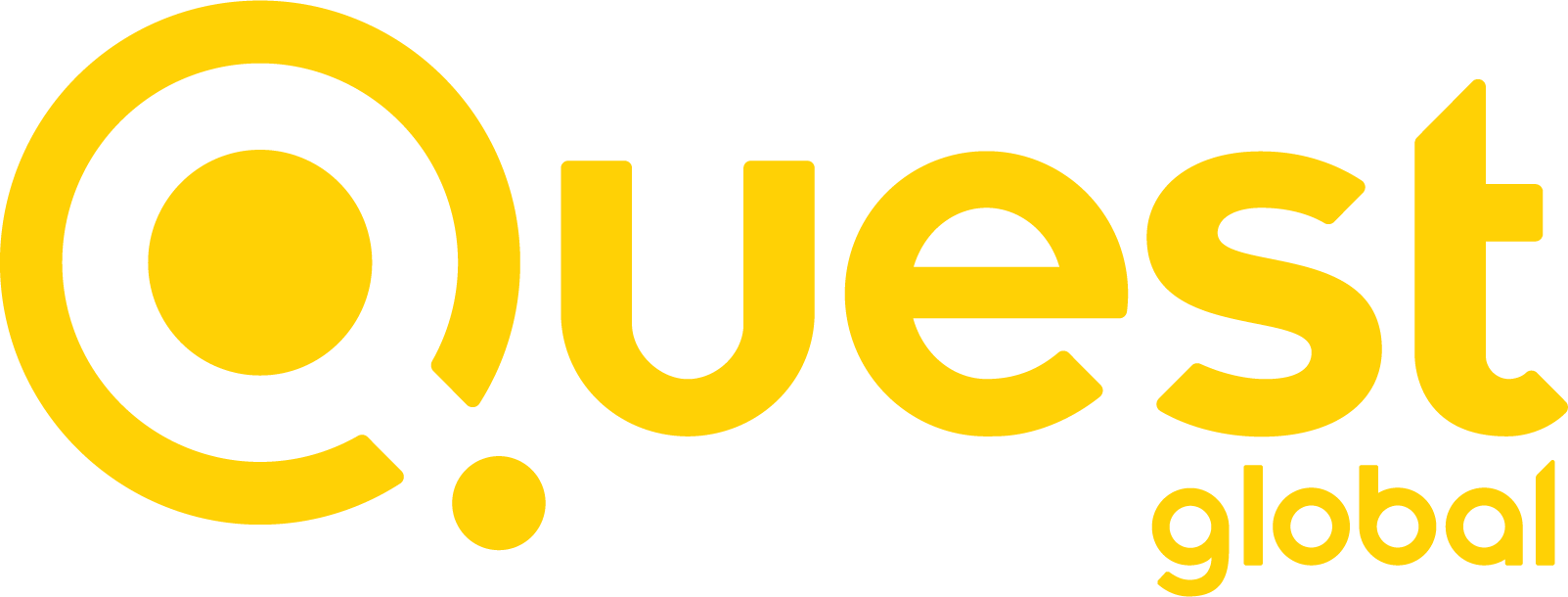With the humongous proliferation of IoT devices, rapid adoption of 5G communication technologies and growing capabilities in Big Data and AI, an entirely new generation of intelligent systems and technologies has evolved to serve humanity more efficiently. This has boosted the growth of the Internet of Things (IoT) industry tremendously. According to IDC research, the IoT market is expected to grow at a CAGR of approximately 20% and the growing ecosystem of connected IoT devices is forecasted to generate 79.4 ZB of data in 2025.
However, for actualizing the smart world of the future, businesses in the ecosystem need to collectively converge and address the complexities of enabling impregnable security at every step on the way. With the rapid surge in IoT end points in ‘zero risk’ sectors like energy, utilities, manufacturing, aerospace/aero engines, automotive, and healthcare, data security and privacy will be sine qua non. Businesses will also have to factor in added complexities brought in by the widespread deployment and adoption of 5G networks. In order to meet this end, companies across the board have to move fast to a ‘Security First’ approach from ‘Security as an afterthought’ approach. It goes without saying that the requirement is unique — connecting devices is a completely different concept. In order to verify security and the users’ identities, ensuring reliability of the infrastructure without compromising IoT performance is of paramount importance.
Factors Impacting IoT Security
The growing volume of connected devices has been snowballing as a challenge for service providers and critical infrastructure owners, who struggle to keep their network secure. Business-optimal and trust-centric IoT security is dependent on continuous risk management that balances criticality, cost, usability, and effectiveness of a network. Currently, it faces hurdles such as:
- Reliable Data: Data-based decisions related to business, safety, and health depend on accurate and secure data. Without that, the risk involved in all aspects of business operations would be higher.
- Different Solutions: Different devices require different solutions. Since they are made for different purposes and come in different shapes and forms, devices have different capabilities. There is a growing need for different security methods to keep them secure.
- End-to-end Ecosystem Security: Collaborative ecosystems of device manufacturers, platform providers, app developers, and end-users play a crucial role in IoT networks. Ensuring end-to-end security of the ecosystem is crucial.
- Regulatory Requirements: IoT providers need to comply with the regulatory requirements (HIPAA, FDA, FIPS, etc.) for the space as mandated by various authorities worldwide (NIST, EIST).
Building Trust in IoT
Most recent surveys indicate that the existing IoT security management systems are spotty. IoT service providers face a growing need to adopt a unified system that assures adaptive protection, response, compliance and detection, and is driven by stringent security policies.
Such a system will enable the providers to manage IoT security and identity, and strategize components horizontally (from device to service and service user) and vertically (from hardware to application), while building trust in multiple levels, such as:
- User Identities: Growth in the volume of connected devices is making their identification important and complex. So, higher level of security is needed at the connectivity and application levels.
- Accuracy of Data: IoT is mostly data-driven. It is important to ensure that the behavior of each device is precise so that there is no room for data manipulation. At the same time, all sorts of breaches should be detected at the earliest to guarantee minimum possible damage and to preserve data integrity, confidentiality, and availability.
- Improved Connectivity: Network availability and reliability are important security objectives for an IoT system. Since the infrastructure may come under constant attack, traffic separation and protection technologies work towards reducing the risk of downtime. Traffic separation will facilitate isolation of network, application, and security functions that allow service providers to offer different levels of security for different networks. Continuous monitoring of the IoT devices in the network are likely to result in improved security.
Securing Digital Trust
When it comes to device security, one of the most obvious examples is the smartphone. Mobile phone-based digital national identity system is considered to be one of the best security systems we have. IoT also requires similar level of security. But connecting IoT devices is very different from connecting individuals and smartphones, as a wider range of devices are involved. Most of these devices have very limited capabilities and high downtime. The only way to keep these devices safe is a holistic security infrastructure — spanning new business models, technologies, standards and regulations. This also requires automation, artificial intelligence and blockchain with continuous flow of network configurations to keep the security landscape safe.
The value of data is analyzed based on its integrity across devices, networks, cloud, and also analytic platforms. This implies that data failure can be disastrous, particularly in certain industries like energy, transportation and healthcare, where it is important to make sure that data has not been tampered with. The rapid surge of IoT devices is a challenge to confidentiality, integrity, and availability (CIA). Since most devices use cloud infrastructure, instead of relying on cloud provider there should be other means to ensure CIA depending on the model used — whether its SaaS, PaaS or IaaS.
Ensuring End-to-end Ecosystem Security
In order to achieve end-to-end security, IoT service providers depend on a collaborative ecosystem of network providers, app developers, device manufacturers and end-users. The ecosystem needs to be managed both horizontally (from device to service and service user) and vertically (from hardware to application). This requires underpinning of built-in security at the bottom level with focus on privacy and data protection. Such an environment creates an optimal flow of device data, enabling immediate and actionable intelligence at the network edge for end-users and enterprises. Advanced security systems should be put in place to comply with evolving standards and regulations.
Partnering to Secure Trust
The world of IoT offers a wealth of new opportunities in every industry. Securing IoT is a challenge, but it is a potential opportunity too. Service providers who can offer security solutions that help to monitor threats, vulnerabilities, risks and compliance along with automated remediation can capitalize on the opportunity. The rapid adoption of IoT also brings along new settings and models of operation to run the system. Hence, while adopting IoT, it becomes imperative for organizations to opt for a sustainable strategy that enables operational excellence.
By embracing emerging technologies such as Edge computing, AI powered chips and Machine Learning, enterprise / Big Data applications can send the relevant data to external cloud. Thus, harnessing efficient Edge computing technologies for low connectivity and migrating Machine Learning applications to power efficient ARM chips could help organizations to optimize the performance and latency of the IoT ecosystem.
By joining hands with a trusted thinking partner like Quest Global, you can synergize your IoT process to manage the trust and security for your organization’s workflow, ensure better returns and position your organization to scale and grow for the future. Comprehensive IoT solutions from such strategic partners help in implementing the much-needed security fixes to your IoT system without affecting your current functionalities.
About the Authors
Jithendran A
Jithendran A, is currently working as a principal architect supporting delivery team associated with medical devices and healthcare domain unit at Quest Global. He has over 20 years of experience in the embedded systems for product engineering in medical, semiconductor and hi-tech domains and has engineered solutions for outsourced R&D engineering services to global customers. –Jithendran, who is conversant with CMM and ISO-9001 software standards, holds a B.Tech in Computer Science and Engineering form University of Calicut.





